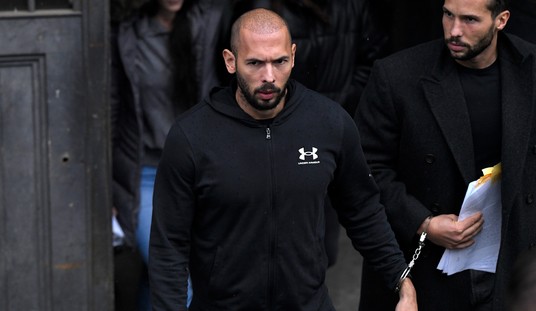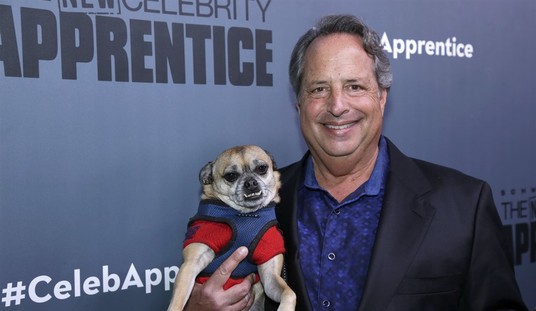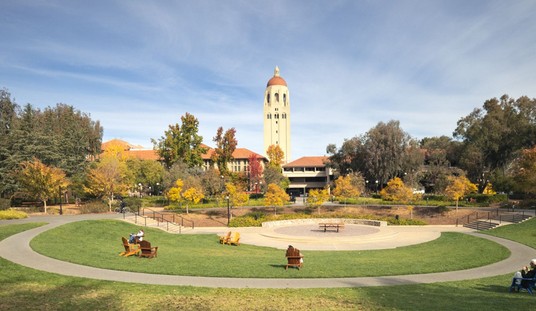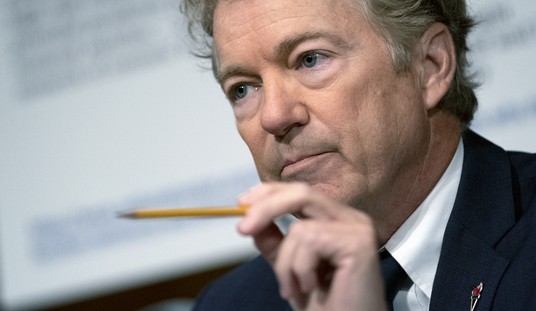People around Chattanooga, Tennessee have been on pins and needles this past week, awaiting the results of a vote by workers at the Volkswagen manufacturing plant in their area deciding whether or not they would invite United Auto Workers into their town to organize workers. The wait is over, and the workers have told the giant auto workers ‘ union to pack sand.
Workers at a Volkswagen factory in Tennessee have voted against union representation in a devastating defeat for the United Auto Workers union’s effort to make inroads in the South.
The 712-626 vote released late Friday was surprising for many labor experts and union supporters who expected a UAW win because Volkswagen tacitly endorsed the union and even allowed organizers into the Chattanooga factory to make sales pitches.
“This is like an alternate universe where everything is turned upside down,” Cliff Hammond, a labor lawyer at in Detroit, told The Wall Street Journal, noting that companies usually fight union drives.
That’s actually a fairly disingenuous reading of VW’s position. As it happens, I was right in Chattanooga for the past couple of weeks working on an unrelated project and was able to speak with a number of people on both sides of the issue, as well as follow all of the local coverage. VW never seemed to be in favor of the UAW. They simply wanted to provide the employees with some form of works council, similar to what they normally have in Europe, allowing them effective lines of communication with the management. Whether that was a locally organized structure or through the auspices of a union didn’t seem to much matter.
But the workers themselves and all of their neighbors were not short on opinions. One of the big questions seemed to be exactly what it would cost them to invite the UAW into their plant and what they would get in return. As this recent editorial in the local paper reflected, many of the workers had a clue as to where their dues money would be going.
First and foremost, the UAW enters the room. With it, VW employees who choose to join will dole out two and a half hours of pay per month for what the union says is a — wink, wink, nudge, nudge — strike fund. But the UAW would never strike the nice plant that allowed it a foothold in the South, right?
Where, in fact, does the UAW in general, among other places, put its money? In the 2013-14 campaign cycle so far, according to the Center for Responsive Politics, it has given $71,901 to Democrat candidates and zero, zip, nada to Republican candidates.
In the 2012 cycle, it gave $1,427,731 to Democrat candidates and $45,053 in efforts against Republican candidates. Republican candidates, meanwhile, got nothing.
VW workers, that would be your money.
Contrary to national popular opinion, the locals are still not big fans of Democrats – or politicians in general, from what I saw – and flushing part of their paychecks into a political machine rather than ensuring the security of their families was not a popular option. Still, the expensive campaign by the union swayed many of the workers into voting for the proposal… but not enough. Meanwhile, VW seemed to handle the entire affair with class.
Sebastian Patta, vice president for human resources, said, “While there was intense outside interest in this election, our managers and employees inside the plant maintained high quality production and continued to work together in a calm and respectful manner.”
“Our commitment to Tennessee is a long-term investment. We look forward to continuing to work with the state of Tennessee and the city of Chattanooga to support job creation, growth, and economic development today and into the future,” Fischer added.
Less reported in the course of this debate was the potential expansion of the plant and how Tennessee would handle it. VW has been looking to add yet another production line in Chattanooga for sports utility vehicles. This would generate even more jobs, both directly and indirectly. When the company first moved into the area, the state put together a generous package of incentives to help them get off the ground. There was already talk of a smaller, secondary package to get the new line started, but local politicians were saying that if the union came in and began kneecapping VW, such a package would have less of a chance of being passed.
In addition to that, people I spoke with also questioned why they needed such big gun protection “against” VW in the first place. Working conditions at the plant were described as very safe, the pay there was some of the best in the area and the benefits plan offered by the automaker is generous. Why start poking a stick in their eye?
Chattanooga has undergone a serious rebirth over the past couple of decades. Once a declining area with crumbling infrastructure, a lot of work and smart investment has turned the city into a tourist destination while simultaneously seeing several major employers – including Amazon, in addition to VW – opening up shop and bringing jobs to the low tax, high worker availability area. With the rejection of the UAW, residents seem hopeful that this trend will continue.
All of this may come as a surprise to President Obama, who was sure he was on the right side of history on this one.
President Barack Obama on Friday waded into a high-stakes union vote at Volkswagen AG’s plant in Tennessee, accusing Republican politicians who oppose unionization of being more concerned about German shareholders than U.S. workers…
Obama said everyone was in favor of the UAW representing Volkswagen except for local politicians who “are more concerned about German shareholders than American workers,” according to a Democratic aide who attended the meeting with Democratic lawmakers in the House of Representatives.
How wrong can you be? The reason that position turned out to be such a bust for the President is an important one. After fierce debate, the workers were allowed to cast secret ballots in this vote, eliminating the union intimidation tactics which many feared. When they were left free to make their choice without worrying about repercussions, the workers chose to represent themselves locally and not invite the UAW to come in and begin killing the goose which has thus far been laying golden eggs.
UPDATE: (Jazz) Doug Mataconis reflects on how this specific vote demonstrates the advantages of right to work policies for workers, not politicians.
In the end, though, the question of whether or not to unionize at this particular plant is one that was left to the workers and they are the ones who made the decision not to unionize. That’s how it ought to be in every part of the country, to be honest, and it’s one of the things that makes “right to work” laws far better than the “closed shop” rules that dominate in much of the north and (what’s left of) the industrial Midwest. The idea that people should be forced to be part of a Union in order to get a job is something that ought to be considered a relic of the 20th Century that ought to be abandoned..








Join the conversation as a VIP Member